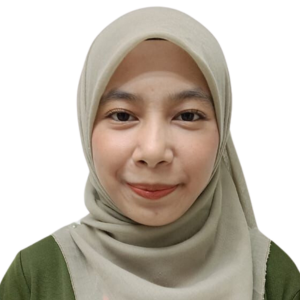Non-invasive screenings recommended for kids to detect anemia early
Routine checks should begin at nine months, certain high-risk groups such as premature children should be screened as early as five or six months due to low iron levels.
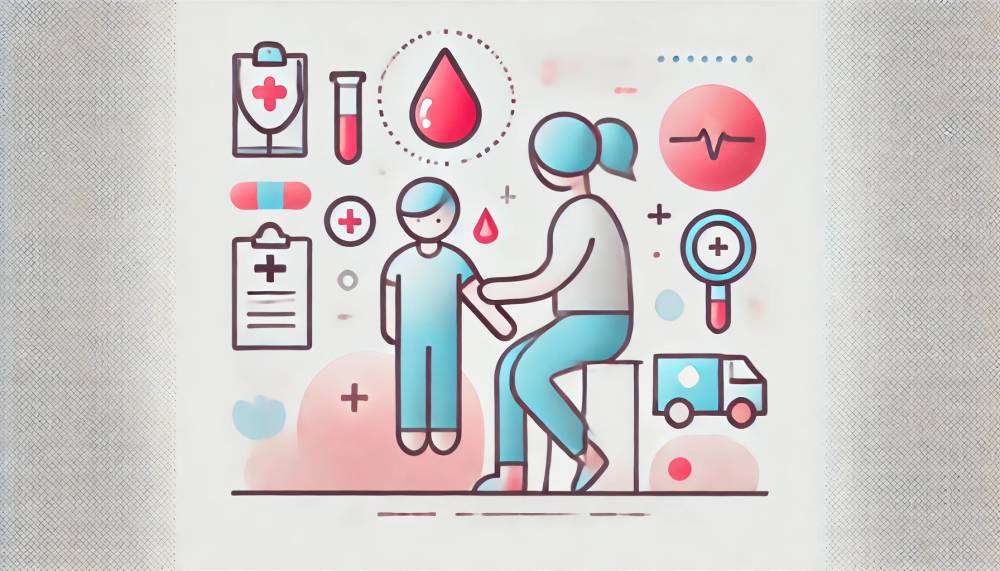
Health experts recommend non-invasive health screening for children aged one to five years, emphasising the importance of annual check-ups to monitor their health effectively and identify potential anemia early on.
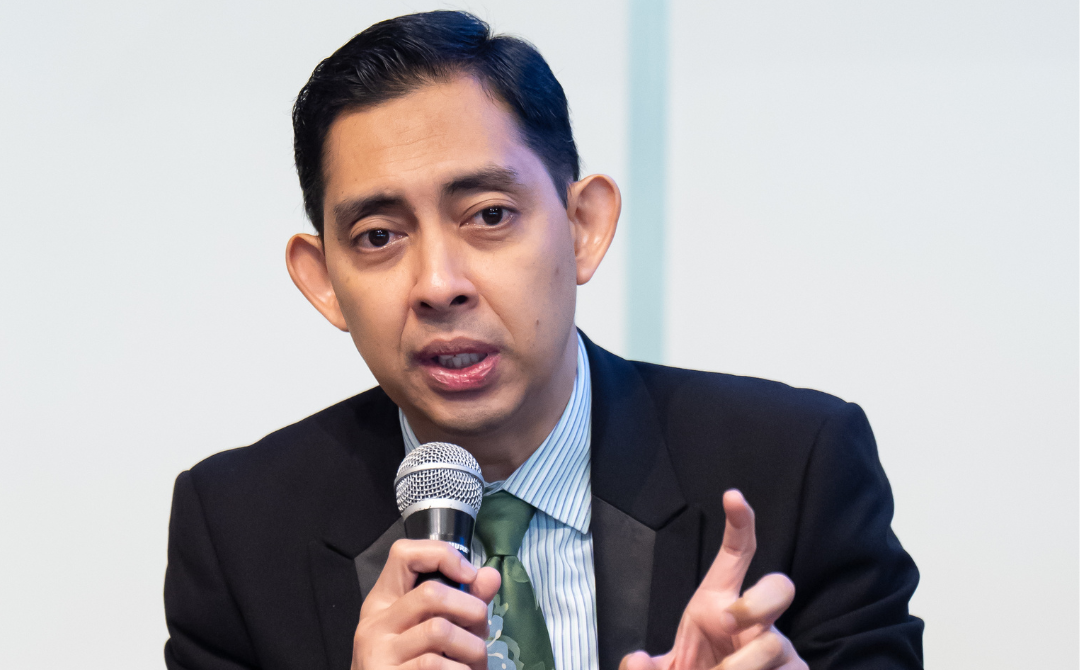
Universiti Malaya Faculty of Medicine, Paediatric Endocrinologist, Professor and Senior Consultant, Professor Dr Muhammad Yazid Jalaludin highlighted the simplicity of the screening process.
Dr Yazid stressed that while routine checks should begin at nine months, certain high-risk groups such as premature children should be screened as early as five or six months due to low iron levels.
"We advocate for non-invasive screening every year for children between one to five years to ensure good cognitive performance, behaviour, physical growth, and immune health.
"The non-invasive tool is incredibly straightforward, low-cost, and efficient, providing results in just 30 seconds.
“If we identify any risk of anemia, we can promptly recommend that families visit their nearest clinic or general practitioner for further testing and proper diagnosis,” he said during an exclusive expert panel discussion focused on childhood anaemia.
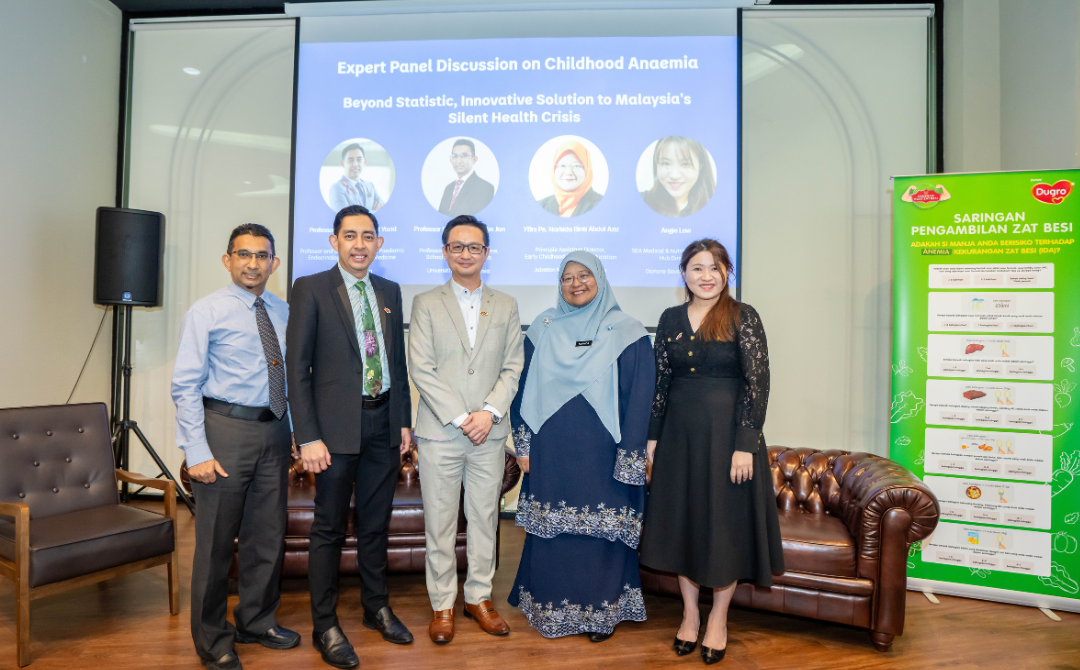
Following last year's alarming findings from the Iron Strong Study, which indicated that one in three Malaysian children are at risk of anaemia, with iron deficiency being the primary cause, the situation has become even more concerning.
Currently, traditional screening methods involve a finger or heel prick for blood tests, which may require additional tests to confirm anaemia. The non-invasive method simplifies this process, reducing the need for multiple pricks.
A user-friendly screening questionnaire
In addition to physical screening, parents can utilise a straightforward three-minute screening questionnaire, based on World Health Organisation guidelines. This tool comprises seven questions related to the child's diet, including intake of milk, cereals, red meat, and legumes, which are all vital for iron content.
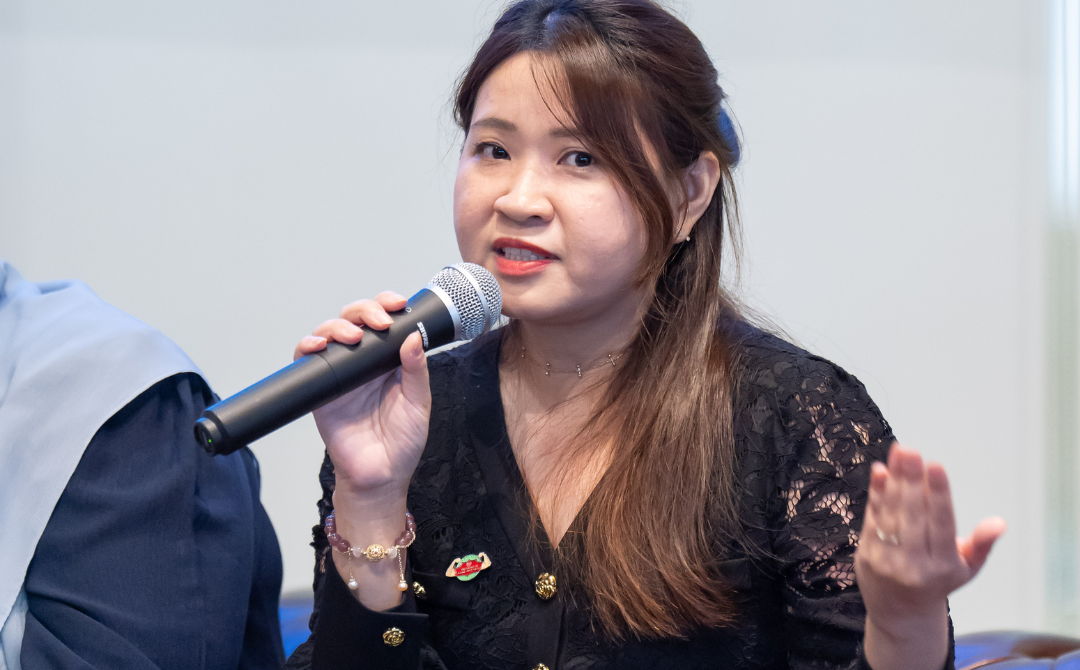
Meanwhile, Danone Southeast Asia, SEA Medical & Nutritional Science Hub director Angie Low shared the initiative of an online Iron Strong Screening Questionnaire.
“This questionnaire allows parents to assess their child's iron intake conveniently at home.
“It’s an easy way to understand if your child is getting enough iron in their diet, based on their food consumption patterns.”
Angie emphasised that this test is straightforward and will assist parents in identifying whether they are offering the appropriate foods for their child. She also encouraged parents to invest time in learning about foods that can improve their child’s nutritional intake.
"Don't hesitate. If you're unsure about what to introduce to your child's diet or whether they are at risk of iron deficiency anemia (IDA), please complete an online screening.
Collaboration and awareness efforts
The Malaysia Social Welfare Department (JKM) is also stepping up efforts to raise awareness about the importance of nutrition and screening.
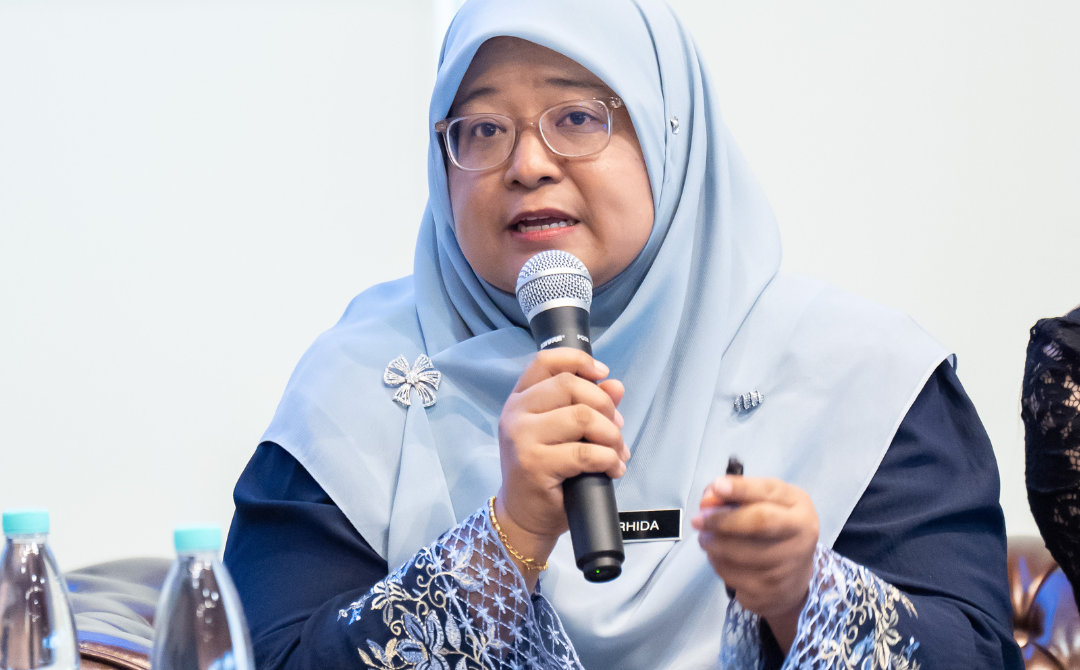
Malaysia Social Welfare Department (JKM), Early Childhood Care and Education, principal assistant director, Norhida Abdul Aziz stated the challenge of raising public awareness about iron deficiency, especially given that many children show no symptoms.
“We will begin screening at registered childcare centres, reaching around 50,000 to 60,000 children. Our goal is to educate parents about the significance of iron intake.”
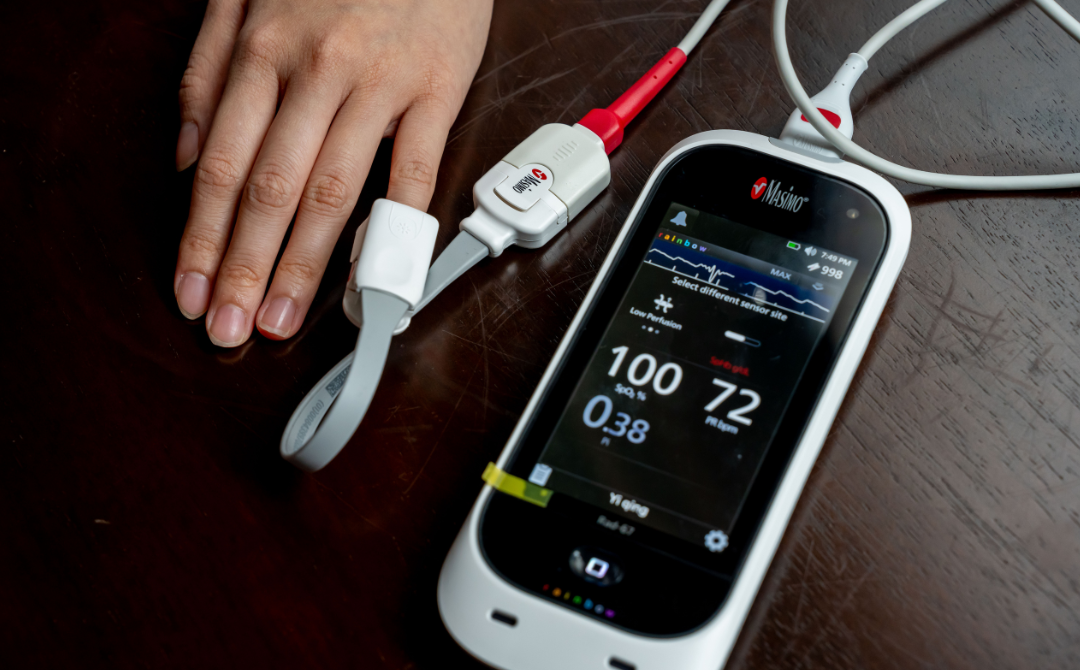
“We aim to collect data that reflects the situation in specific regions, such as Klang Valley, to inform policy decisions and interventions,” she said.
The ongoing initiatives and recommendations from health professionals highlights the critical need for early detection of anemia in children. By embracing non-invasive screening methods and fostering dietary awareness, parents can significantly contribute to their children's long-term health and development.
Additionally, promoting the consumption of iron-rich foods and food fortification can play a significant role in reducing the risk of iron deficiency anaemia (IDA).
